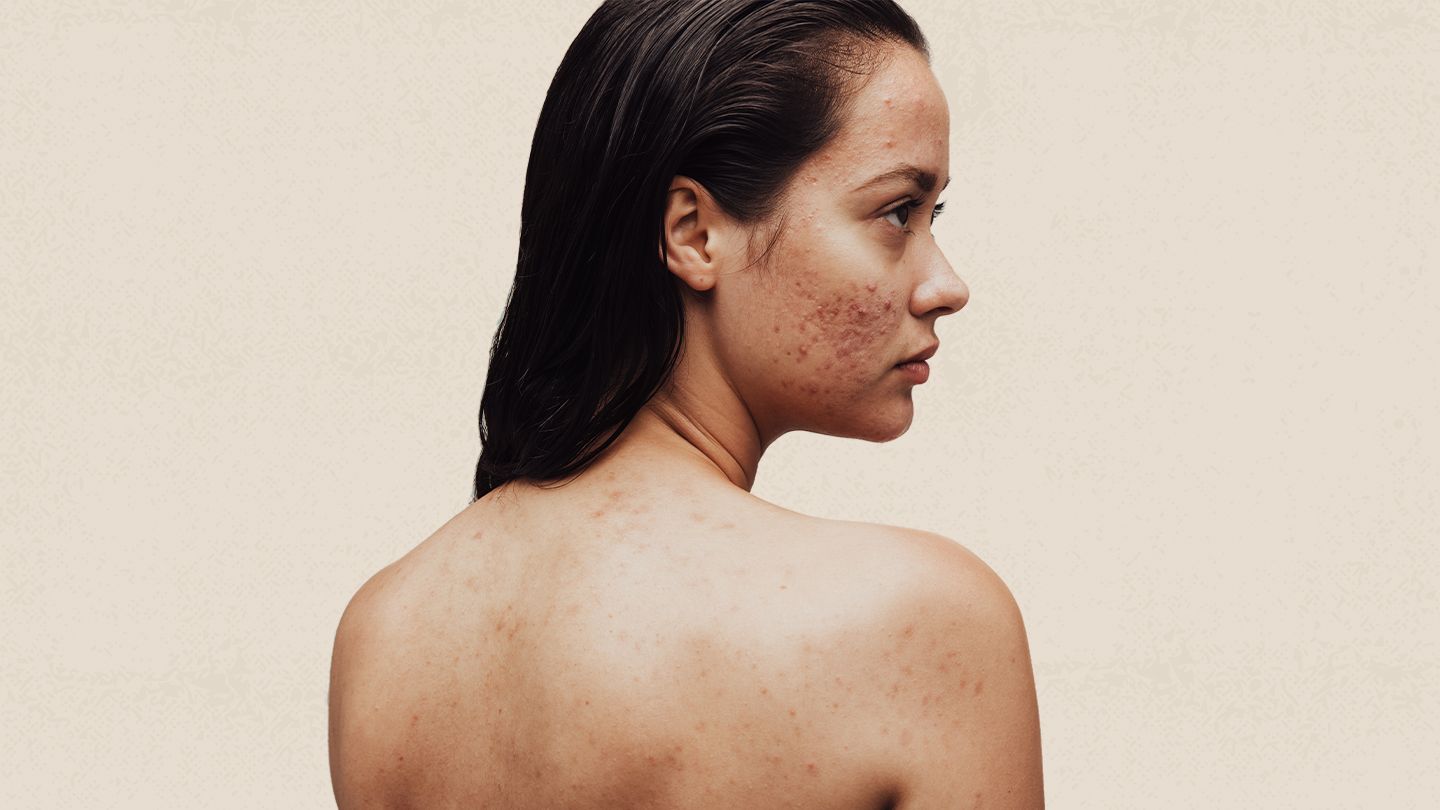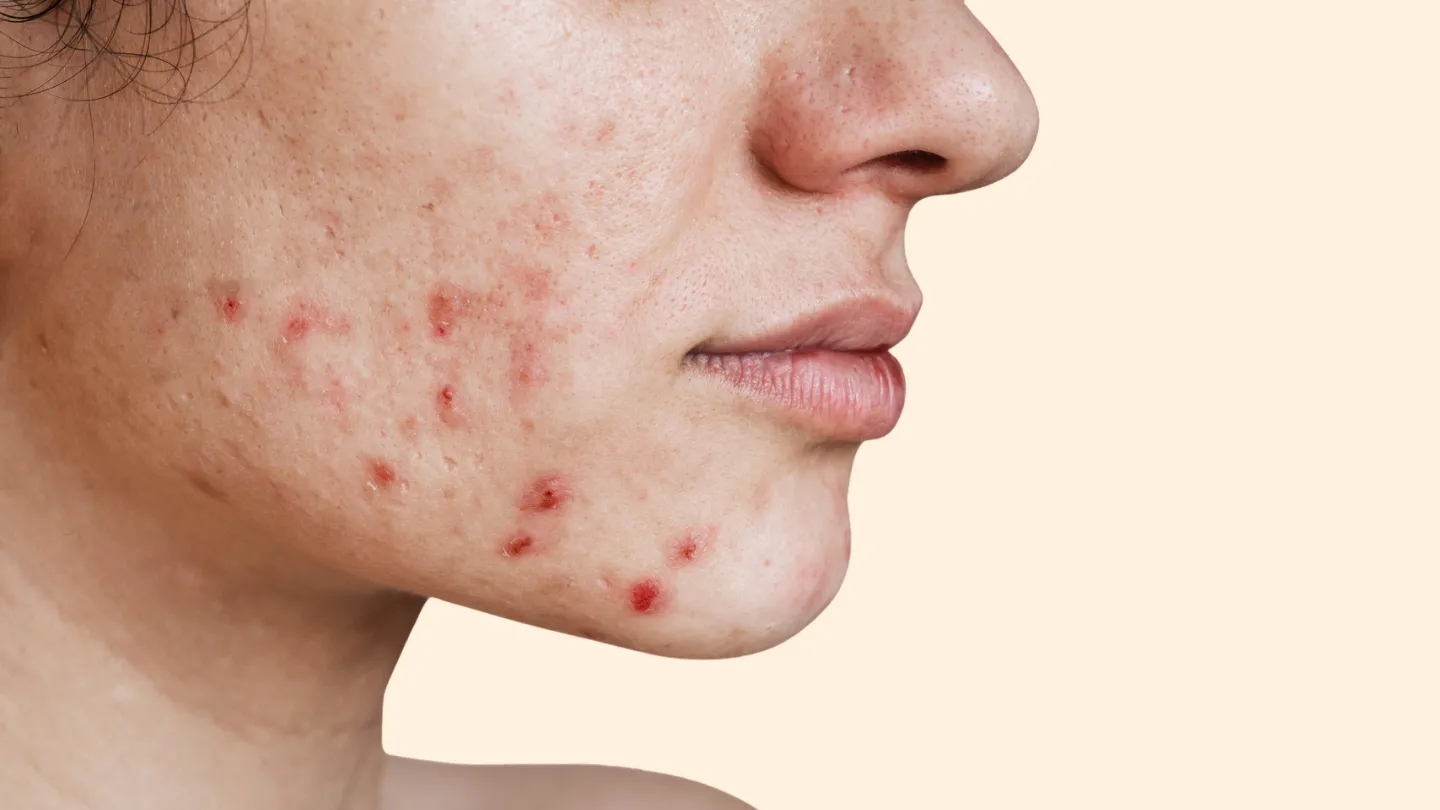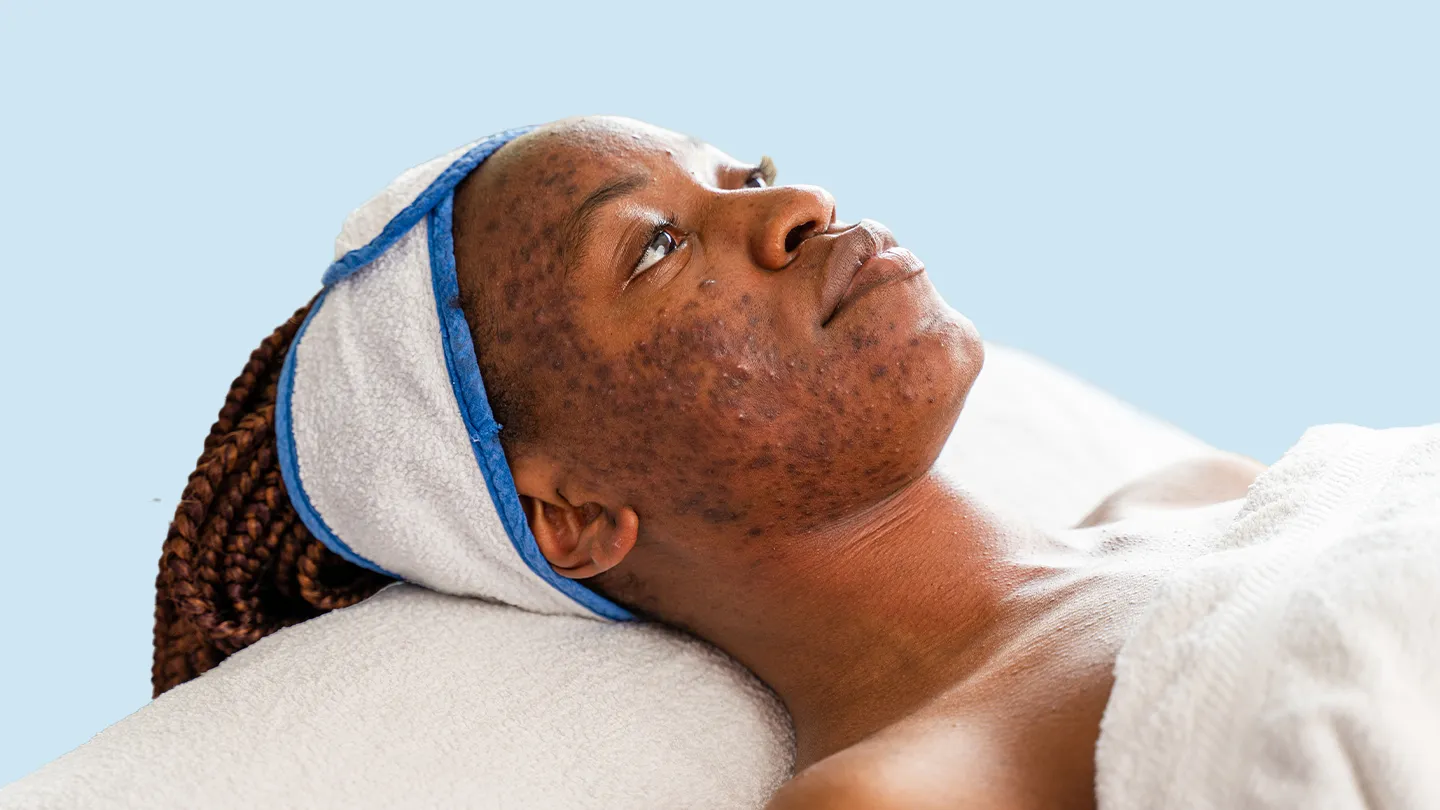Examining the Relationship Between Ashwagandha and Acne
Ashwagandha, also known as Indian ginseng or winter cherry, provides well-documented health benefits from reduced stress and anxiety to improved heart health. However, some users report experiencing acne breakouts when supplementing with ashwagandha. Is there a legitimate link between ashwagandha usage and acne?
This article analyzes the current scientific evidence regarding ashwagandha and acne occurrence. It also explores potential mechanisms behind breakouts for susceptible individuals. Tips for mitigating acne risk while still benefiting from ashwagandha also provided.
Ashwagandha Supplementation Basics
The ashwagandha plant contains molecules called withanolides that provide medicinal effects when ingested. Supplements feature powdered extracts from the plants roots and leaves formulated into capsules, liquids, powders and tablets.
Typical daily doses range from 250mg to 600mg divided across breakfast and dinner. Some users take occasional breaks after 3-4 months of continuous use to maintain effectiveness. High quality, organic ashwagandha minimizes heavy metal content.
The Growing Issue of Ashwagandha-Induced Acne
While ashwagandha benefits myriad conditions, breakouts seem possible in acne prone individuals. But with limited formal research on ashwagandha and skin issues, data largely stems from anecdotal reports. Still, some theories support the acne connection.
Potential Mechanisms Behind Ashwagandha Causing Acne
Without extensive clinical trials, the exact reasons for how ashwagandha instigates acne cannot get confirmed. However, several biologically plausible theories exist based on its chemical makeup and known skin disorder triggers.
Hormonal Influences
Androgens like testosterone overstimulate sebaceous glands, increasing oil production connected to acne development. As ashwagandha may enhance testosterone levels already, it could worsen breakouts through added sebum.
Cortisol - the primary stress hormone - also contributes to acne flares. By reducing excess cortisol, ashwagandha could mitigate some breakouts. But improved testosterone seems the dominant interaction regarding acne issues.
Follicle Inflammation Effects
While not fully understood, some ashwagandha components may irritate hair follicles already vulnerable to inflammation. Sensitive sebaceous glands in the skin overreact, resulting in red, swollen zits.
Increased Toxin Exposure
Ashwagandha acts as an adaptogen helping the body manage stressors like chemicals and pollutants. Toxins get eliminated faster. While beneficial overall, this can bring substances to the skin surface sooner.
The skin inflammation and irritation induced manifests through increased acne activity as the body works to remove the agents. Breaking out serves as a visible indicator of the detoxification process underway.
Nutrient Deficiencies
Finally, accelerated cellular activity and tissue regeneration from ashwagandha may deplete critical skin nutrients like vitamins A, E and zinc. Deficiencies in these nutrients frequently show through acne breakouts and slower wound healing.
Minimizing Acne Risk When Taking Ashwagandha
While ashwagandha can seemingly provoke breakouts for acne-prone individuals, steps exist to mitigate risks while benefiting from its anxiety-calming properties.
Balance Ashwagandha with Skin-Supportive Nutrients
Ensure adequate intake of acne-fighting vitamins A and E plus skin-healing zinc while using ashwagandha. Consider eating more vitamin and mineral-rich fruits, vegetables, nuts, seeds and whole grains if concerned.
Taking a specially formulated skin health supplement also proactively boosts nutrients that may get depleted by accelerated cellular turnover from ashwagandha.
Carefully Cleanse Skin Without Overdrying
Gently cleansing skin daily prevents dead skin cell and pore-clogging sebum buildup. However avoid harsh cleansers or excessive scrubbing which further inflame skin. Use soft water to rinse.
Implement an oil-absorbing clay mask once or twice a week as well. This painlessly draws out impurities without abrasive ingredients.
Watch for Other Acne Triggers
As ashwagandha may act additively with other causes of acne like stress and diet, limiting additional breakout triggers helps. Note connections between breakouts and factors like sleep deficits, spicy meals, whey protein, and skin product ingredients.
Trial a Topical Acne Treatment
Applying an over-the-counter acne cream with benzoyl peroxide or retinoids directly targets surfaced impurities and inflammation. Use topicals sparingly to avoid drying out skin excessively.
Adjust Ashwagandha Dosage as Needed
Lower ashwagandha doses may provide anxiety-relieving effects without overstimulating sebum activity. Decrease capsules incrementally, or switch to every second day rather than daily use if acne persists.
Alternatively, take regular weeklong ashwagandha breaks to let skin normalize before continuing the supplement again while monitoring for changes.
The Bottom Line - Weighing Pros and Cons of Ashwagandha
The anxiety and stress-reducing effects of ashwagandha make it an extremely attractive supplement to many. However, users seeing new or worsened breakouts after starting ashwagandha should consider its possible acne-promoting mechanisms.
Testing lower doses, tweaking application frequency, ensuring skin health supporting nutrients, and watching for other acne triggers represent proactive steps those vulnerable can try. This allows continuing to leverage ashwagandhas positive attributes while mitigating downsides.
In rare cases, ceasing ashwagandha use altogether becomes necessary if acne issues prove unrelenting. Still, dont abandon the supplement too hastily without first attempting to balance its pros and cons using a personalized skincare approach.
FAQs
Does ashwagandha definitely cause acne?
No definitive research yet confirms ashwagandha causes acne. But many users self-report breakouts, suggesting susceptible individuals may experience skin irritation or sebum overproduction from supplementing.
Are there ways to prevent ashwagandha acne?
Strategies like adjusting doses, taking breaks, ensuring adequate skin nutrient intake, gentle cleansing routines and using spot treatments can minimize risks for those prone to acne from ashwagandha.
Does stopping ashwagandha use reduce acne?
In most cases, ceasing ashwagandha intake reverses associated acne as the root cause gets removed. Skin inflammation subsides without the continual supplement-spurred sebum stimulation.
Can you still take ashwagandha if you are acne-prone?
Yes, trying a conservative dosage alongside acne mitigating steps may enable continuing to use ashwagandha. Monitor skin changes closely. Avoid use if breakouts become severe or persistent despite preventative efforts.
Disclaimer: This article is for informational purposes only and does not constitute medical advice. Always consult with a healthcare professional before starting any new treatment regimen.
Related Coverage
Acne can leave deep physical and emotional scarring. Learn how to cope with the shame and rebuild your self-esteem after years of struggling with bad skin....
Skin popping illegal drugs leads to distinct track mark scarring plus infections and overdose risks. But professional treatment can restore hope and skin health....
Aklief interactions with prescription drugs, supplements, alcohol, and skincare can cause irritation—learn how to avoid them....
Black dots on toilet paper are typically harmless, but may signal hemorrhoids, fissures, or sensitive skin. Learn when to see a doctor and how to find relief....
Some report acne breakouts when taking ashwagandha supplements. Learn the theories behind ashwagandha causing acne and proactive steps to reduce skin irritation....
Learn what causes lip zits and how to get rid of them fast using warm compresses, OTC creams, antibiotics, lifestyle changes and dermatologist treatments....
Wondering which body wash will help tackle your body acne and acne on your back, chest and shoulders? We review the best acne body washes plus extra treatments....
Microdermabrasion for acne can smooth active breakouts, reduce shallow scars, and boost collagen, but it's best for mild cases....
Tazorac for acne is a prescription retinoid that clears breakouts and helps prevent ones. Get usage tips and know side effects....
Bumps on the buttocks may be caused by folliculitis, carbuncles, keratosis pilaris, or contact dermatitis. Treat with OTC meds, prescriptions, procedures. Prevent with hygiene....








